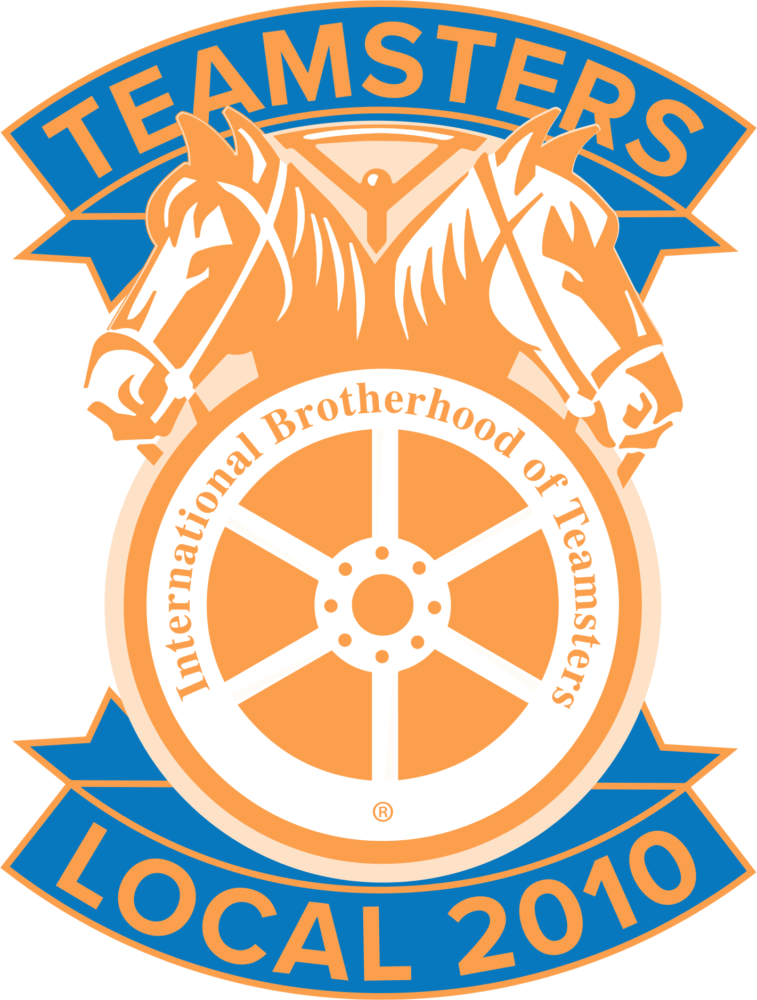ARTICLE 43 – REASONABLE ACCOMMODATION
- The University will provide reasonable accommodation to qualified employees with disabilities, subject to defenses available under applicable State and Federal law, when such disabilities limit their ability to perform the essential functions of their jobs. This section shall not be construed as a guarantee of a specific form of accommodation nor shall accommodation in one case establish a precedent for similar or dissimilar circumstances, since all accommodations will be designed specific to the functional abilities of the employee in coordination with the requirements of the job.
- As part of the interactive process, the University shall analyze the affected employee’s position. Such analysis shall identify essential functions (critical and important tasks) and conditions of the work environment to aid in determining if reasonable accommodations can be made for the employee’s disability without undue hardship. When appropriate, a similar accommodation analysis shall be conducted of the same or equivalent positions for which the employee may apply for and is otherwise qualified for consistent with applicable law.
- The employee is responsible for providing the medical documentation necessary to assist in understanding the nature of any required accommodation to a disability. Such documentation shall relate specifically to the job analysis information provided by the University and shall, at the University’s option, be subject to confirmation by a University-appointed physician. The University shall pay the cost of a University-appointed physician. The employee may also provide medical documentation from a physician of his/her own choosing, which shall be consider by the University.
- When recommended by a vocational rehabilitation counselor and approved by the appropriate University official, a qualified former non-probationary career disabled employee may be offered temporary trial employment to evaluate the employee’s interests and abilities. The length of this trial employment, which shall not exceed one year, shall be determined by the counselor in consultation with the employing Department/Division Head. Positions used for trial employment shall not be designated as career, except that an employee shall maintain benefits to the extent permitted by benefit plan rules.
